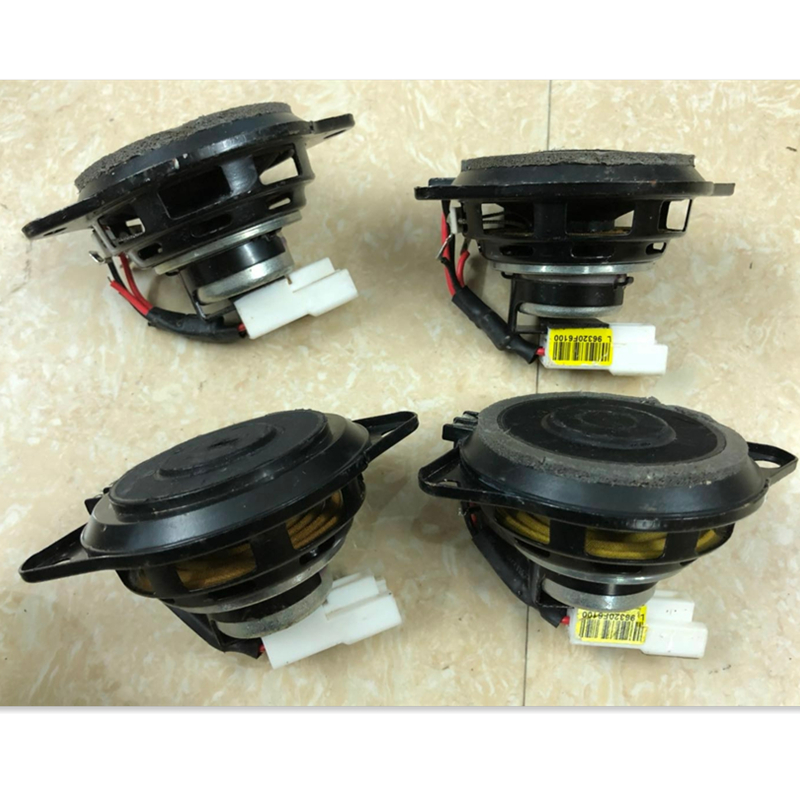North Korea intensifies war against South Korean culture
2024-05-20 06:11:19 点击:149
 |
| Young people hold a rally in Pyongyang, North Korea, in this Jan. 10 file photo. In recent years, the regime has intensified its campaign against behaviors that run contrary to its interests, according to a new report released Thursday. Yonhap |
Surviving crackdown has become more difficult under Kim Jong-un, report shows
By Jung Min-ho
It's almost impossible to meet all the requirements as a true Juche socialist in North Korea. Having a birthday party, divorcing a spouse, watching a South Korean movie and being unemployed can all be regarded as "non-socialist" or "anti-socialist" behaviors.
According to a new report released Thursday, the regime under Kim Jong-un has intensified its campaign against such people, particularly those who enjoy South Korean pop music or TV content, which it increasingly views as a threat to its stability in recent years.
The study on the Non-Socialist Groups, a shadowy surveillance operation inside North Korea, was conducted by the Seoul-based Database Center for North Korean Human Rights. A web-like network of informants keeps ordinary North Korean people in fear and helps embed the culture of bribery, it says.
In a country where everyone breaks the rules, everyone is a potential criminal. The network stifles not just the general public but also the officials who enforce the rules, reinforcing the concentration of power for a very few top leaders. The research is based on interviews with 32 North Koreans who defected to South Korea between 2018 and 2020.
"After Kim took power, the regime has largely targeted outside information, including illegal videos from the South, because it knows such things change the way people think," a North Korean defector said.
More than 25 percent of the North Korean defectors said, "illegal videos" ― mostly from South Korea or the United States ― were the main target of the crackdown, followed by narcotics (17.3 percent), defection attempts (14.7 percent) and "capitalist-like lifestyle" (12 percent). Among them, more than 40 percent said they experienced such inspections daily.
While some North Koreans simply get a slap on the wrist for violating the rules, a few unlucky ones end up dead. If the video in question contains explicit content, execution is almost unavoidable, the report found.
Pyongyang created these surveillance groups in the early 1990s. The once-mighty Soviet Union had fallen and millions of its North Koreans were dying from starvation. Many people lost their faith in the system of rationing and started to trade food and other goods in black markets. Threatened by the change, the regime activated the groups, which have operated on and off ever since.
Without any due process, the enforcers break into the houses of those whom they deem suspicious, search inside and beat them if they resist. If caught, victims offer bribes in many cases, which makes the job lucrative. The enforcers often have a quota to fill and if they do well, they receive rewards such as promotion, the report shows.
Some North Korean defectors say that's why the surveillance groups usually target the rich, who can afford to pay large sums for freedom. Over 36 percent of those interviewed said the enforcers actively exploit the rules for their economic advantage.
Some human rights activists have promoted the message that smuggling USB drives loaded with K-pop music or Hollywood films into the North could be an effective way to expose lies of the regime, which tries hard to restrict outside information from reaching its people.
The researchers said that it is a "double-edged sword," which could jeopardize the people in North Korea.
"It satisfies their right to know by accelerating the free flow of information in the North, but it also contains the risk of exposing them to the violation of human rights," they said in the report.





